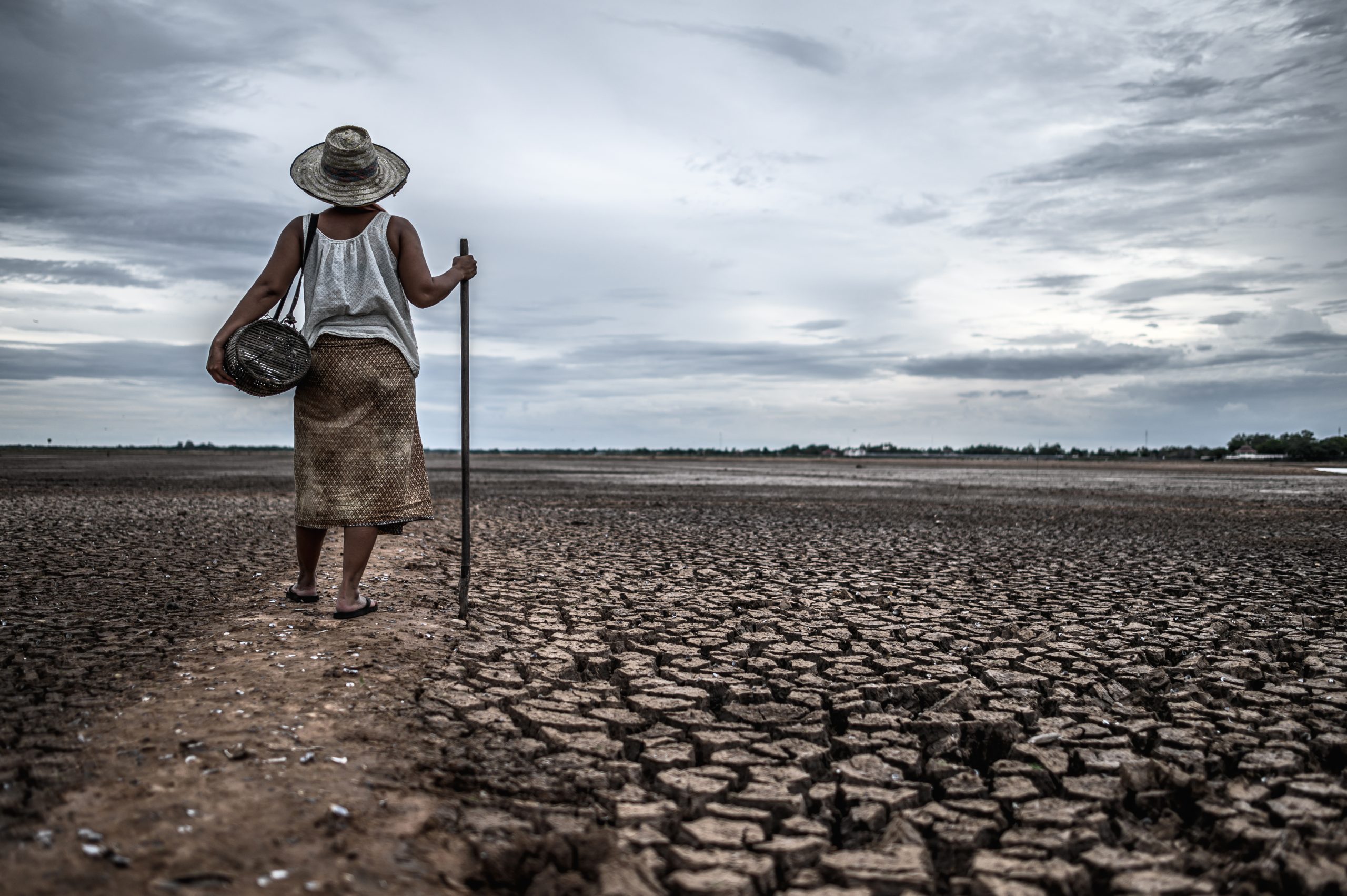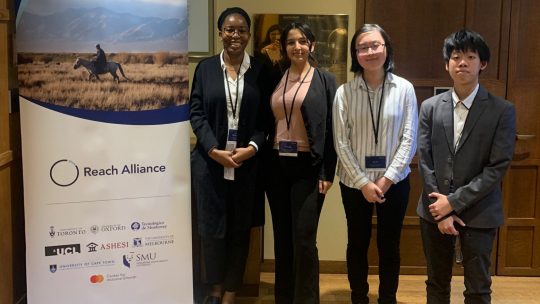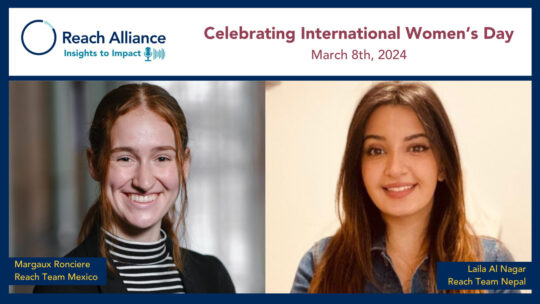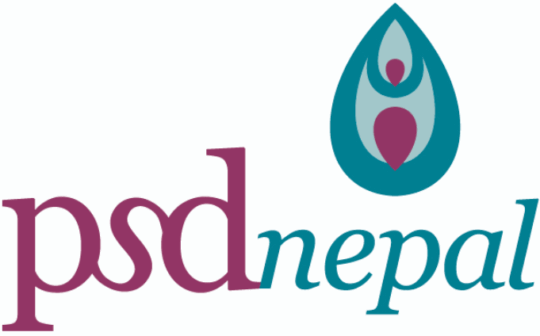
Nepal
Empowered Community and Local Ownership: The Hariyo Ban “Green Forest” Project
- Status
- Completed Research
- Research Year
- 2022-23
The intersectionality of several environmental and social factors make Nepal climate-change vulnerable, where marginalized populations are most at risk of negative outcomes. Funded by the World Wide Fund for Nature (WWF) and the the United States Agency for International Development (USAID), the Hariyo Ban program tackles gender equality and social inclusion issues through implementation of Community Learning and Action Centers (CLACs). As of 2021, more than 500 CLACs were established and supported over 13,000 members. This case study will explore the impact of Hariyo Ban’s CLACs on gender equality and climate change adaptation in Nepal.
Researchers
Mentors
-

University of Toronto
Carmen Logie
Canada Research Chair in Global Health Equity and Social Justice with Marginalized Populations, Associate Professor at the Factor-Inwentash Faculty of Social Work, University of Toronto, Adjunct Professor at the United Nations University Institute for Water, Environment, & Health, and Adjunct Scientist at Women’s College Hospital
Related Information
-

-

Reach Alliance Podcast Insights to Impact: International Women’s Day



